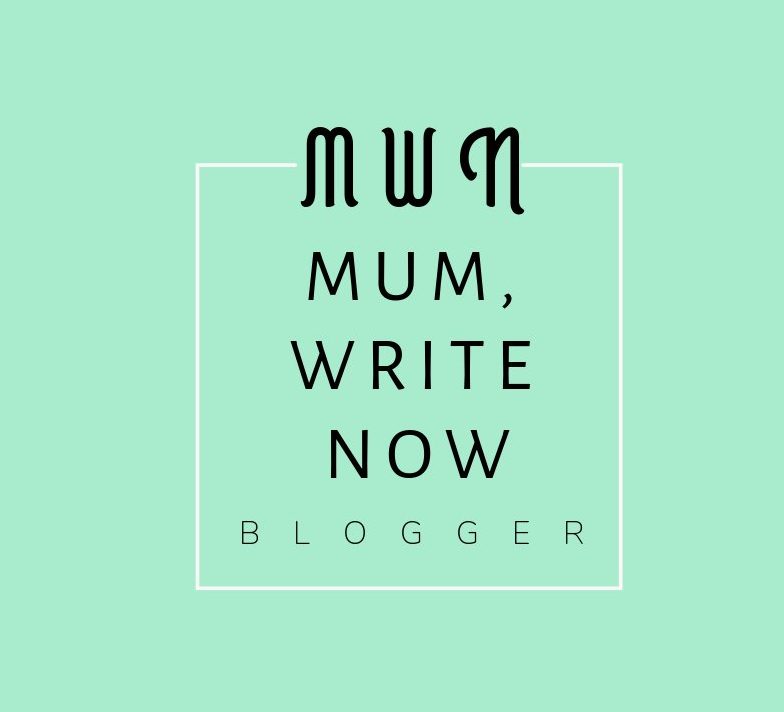Muriel Spark’s novel about post-war Britain packs a comic punch all these years later; both urbane and absurd at the same time.
“My advice to any woman who earns the reputation of being capable, is not to demonstrate her ability too much“
Mrs Hawkins, the indomitable protagonist of Muriel Spark’s novel “A Far Cry from Kensington” remembers life in her shabby bedsit in 1950s Kensington. The war widow has settled in her comfortable plumpness as a capable advisor of people around her. This comic cast constantly call her on the hallway telephone or get them to join them in their upscale dining to prime her for information, ask for his help. She recalls the absurd characters living alongside her as well as the vivid people she works alongside the publishing industry.

I particularly enjoyed that the gloss of the publishing world is written with a comic tilt of an eyebrow. Surrounded by “egocentricity” and vanity projects, Agnes Hawkins continues to work stolidly through her duties, often sneering at her odd or crooked employers. As a veteran of the literary publishing industry, Spark surely writes with a knowing wit about those who dominated the apparently glamorous industry. Mrs Hawkins quips about her first crooked employer “Publishers…attempt to make friends with their authors; Martin York tried to make authors of his friends. ” I came away from this novel thinking that it was gently satirical of a world she knew well. I found a great article that explains more about her connections to London and the literary world on this site.
Perhaps better suited to the particularly viscious world of post-war publishing was Mr Lederer’s flighty daughter Isobel. She fancies working in the “classier” world of publishing, perhaps like the wannabe influencer of today she imagines it will be easy and glamorous. Mrs Hawkins arch nemesis Hector makes the point even more strongly. Agnes gets in serious trouble for several times calling him the “pisseur de copie” – the phony. But somehow it is he who manags to rise through his devious coat-tailing of talent.
As well as the commentary on the publishing industry, Mrs Hawkins also has advice for writers. Not only does she suggest that you should write as if you are writing a long letter to a friend but also you should get a cat so you have something to focus on. I do feel the author’s presence throughout and rather like reading Austen, we enjoy being let in on the joke. Though far more absurd, Spark certainly has a marvellous narrative voice to – we are acutely with her throughout – I rather enjoyed the letter.
Muriel Spark’s novels have a brevity and sharpness that make them the absolute perfect thing to get out of a reading slump. I have struggled to put pen to paper and to make my way through physical books for a while but I couldn’t stop reading “A Far Cry for Kensington”. It helps of course that central to the novel is a mystery. Her neighbour unravelling offered a dark twist that I will not spoil. Although in many ways the novel is a series of vignettes, this little mystery that starts with a sinister letter is enough to drive the plot.
I would highly recommend this book as a good one to consume in one weekend like I did.






